The Vision Sciences Society announces the 2020-2021 inaugural members of The Student-Postdoc Advisory Committee (SPC)!
The Student-Postdoc Advisory Committee will advise the VSS Board and membership about how events, workshops, meeting structure, and activities can best target the needs of trainee members and attendees. They will be reaching out to trainees to solicit opinions and ideas, as well as organizing special events.
Each year VSS will solicit nominations for new members of the Student-Postdoc Advisory Committee to replace three members who will be rolling off the Committee.
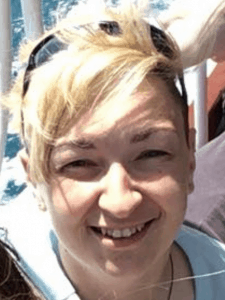 Stacey Aston
Stacey Aston
Durham University
Stacey Aston is a postdoctoral researcher in Durham University’s Psychology Department. In her research, she studies visual and multi-sensory information integration for human perception and decision making. Stacey joined SPC to have a positive impact on the VSS experience for student and postdoc members. She is sure that the newly formed SPC committee will be a valuable asset to the VSS team as they work to enrich the VSS program with many more development and networking opportunities.
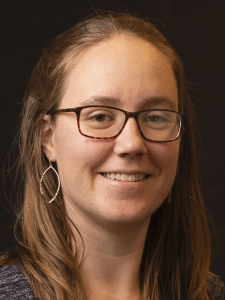 Kathryn Bonnen (Chair)
Kathryn Bonnen (Chair)
New York University
Kathryn (Kate) Bonnen is a Simons Society postdoctoral fellow at New York University (NYU). She earned her bachelor’s degrees in computer science and psychology at Michigan State University and received a Ph.D. in neuroscience from the University of Texas at Austin. Prior to NYU, she was an ARVO/VSS scholar and visiting researcher in the Optometry School at the University California Berkeley. Her research focuses on motion perception, behavioral modelling, binocular processing, and sensorimotor control.
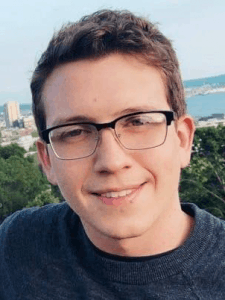 Matthew Boring (Record Keeper)
Matthew Boring (Record Keeper)
University of Pittsburgh
Matthew Boring is a fourth year PhD student from the University of Pittsburgh. He studies in Dr. Avniel Ghuman’s Laboratory of Cognitive Neurodynamics to understand how visual representations of objects evolve in the ventral stream and how these representations influence visual attention. Within the Student Postdoc Advisory Committee, Matthew is excited to improve VSS for trainees by establishing channels of communication between students, postdocs, and VSS organizing committees. By better understanding the desires and concerns of trainee members, it will be easier to develop programs that improve the value of VSS to them.
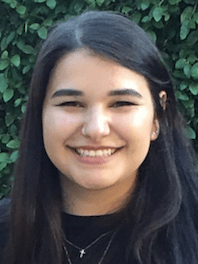 Cristina Ceja
Cristina Ceja
Northwestern University
Cristina Ceja is a graduate student at Northwestern University pursuing a PhD in Psychology. She is interested in exploring the limits of our visual system in perceiving, processing, and updating visual representations. Currently, she studies how the visual system binds features to objects, and the role of visual attention in this binding process. As a member of the Student-Postdoc Advisory Committee (SPC), she looks forward to building on her existing outreach efforts and committee work dedicated to engaging and advocating for trainees.
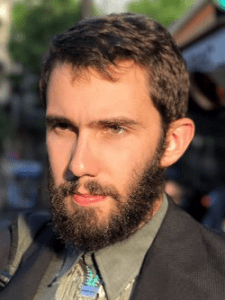 Björn Jörges
Björn Jörges
York University
Björn finished his PhD at University of Barcelona and is currently doing a PostDoc at York University, Toronto, in a project funded by the Canadian Space Agency. His research is focused on the role of vestibular cues for visual perception and how we perceive moving objects while we ourselves are moving through the environment. He is furthermore convinced that open and diverse science is better science.
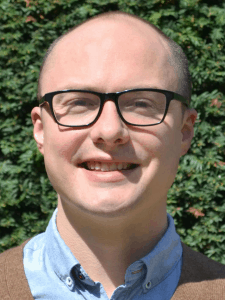 J. Brendan Ritchie (VSS Liaison)
J. Brendan Ritchie (VSS Liaison)
National Institute of Mental Health
J. Brendan Ritchie, Ph.D, is a post-doctoral fellow in the Laboratory of Brain and Cognition at the National Institute of Mental Health (USA), where he is conducting research on the neural basis of visual categorization and category learning. Previously he was a post-doctoral fellow at KU Leuven (Belgium), a research associate at Macquarie University (Australia), and a graduate student at the University of Maryland (USA), where he obtained his doctoral degree. Brendan is excited to be a part of SPC, and wants to help make VSS more responsive to the interests of early career researchers in vision science.

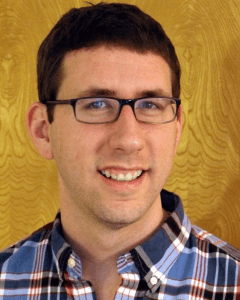 Timothy Brady
Timothy Brady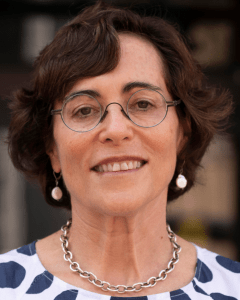 Marlene Behrmann
Marlene Behrmann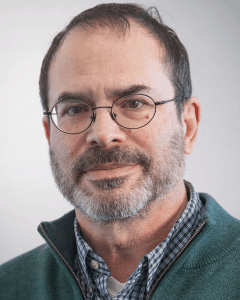 Edward ‘Ted’ Adelson
Edward ‘Ted’ Adelson